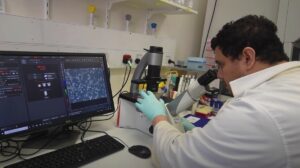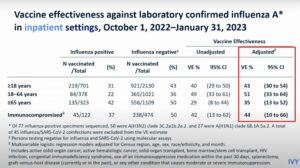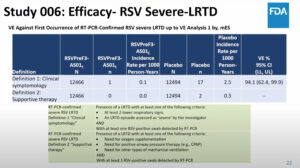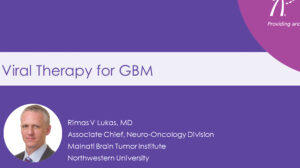NEW YORK (Reuters Health) – Hospitalization rates for angioedema have increased in the United States in recent years, surpassing those for other allergic disorders in 2001, according to a report in the August Annals of Allergy, Asthma, and Immunology.
The distinct epidemiologic pattern associated with angioedema implicates adverse reactions to angiotensin-converting enzyme (ACE) inhibitors as the cause, the authors suggest.
Dr. Robert Y. Lin and Shaili N. Shah, at New York Medical College in Valhalla, profiled trends in atopic disease hospitalizations using information from the Nationwide Inpatient Sample of the Healthcare Cost and Utilization Project for 1998-2005. Specifically, they looked at data regarding hospitalizations with a principle diagnosis of angioedema, anaphylaxis, urticaria, and allergy unspecified.
The rate of hospitalizations for angioedema per 11359,000 population rose from 3.3 in 1998 to 4.0 in 2005, whereas rates for other allergic disorders declined from 4.0 to 3.8 over the same period.
Compared with hospitalizations due to other allergic disorders, those for angioedema were associated with older patient age (median 60 years vs less than 46). Hypertension and African American ethnicity were also associated with angioedema hospitalizations. Moreover, 24% of hospitalizations for angioedema were coded for an adverse effect due to cardiovascular or antihypertensive agents.
All these factors point to ACE inhibitors (and possibly angiotensin II receptor antagonists) as an important cause of the increasing incidence of severe angioedema, mediated by their effect on kinin metabolism, Dr. Lin and Shah suggest.




